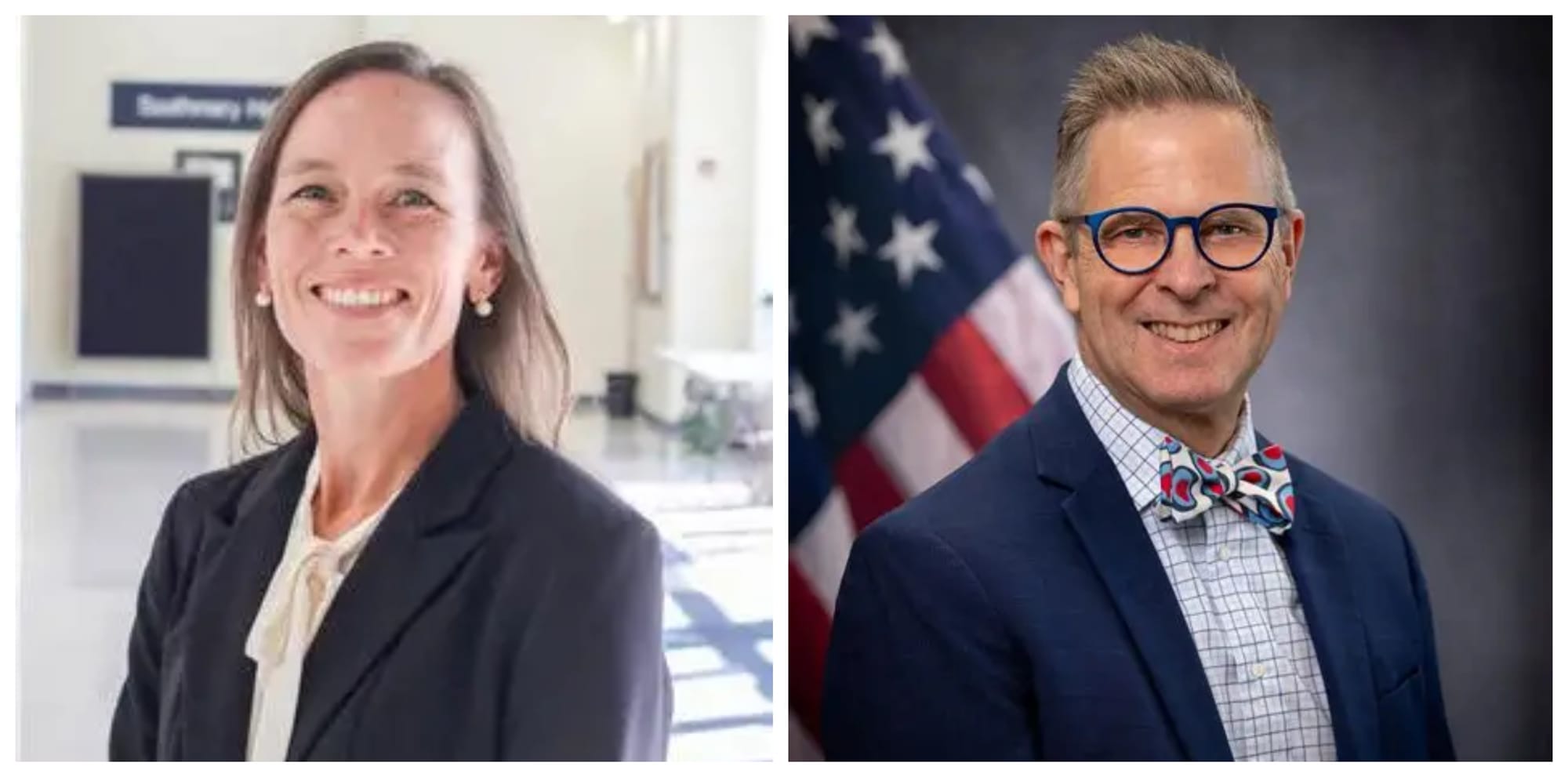With Malfeasance Issue Closed, Task Force to Dive into Future Roanoke School Funding Matters
The situation was prompted by pointed letters between the city manager and school superintendent in April.

City officials concur that there was no malfeasance after they questioned past Roanoke education spending during this year’s budget discussions.
Since then, the finance directors of the city and schools met with doubt erased, school board Chairwoman Franny Apel said.
“We have no problem with accountability and oversight,” she said in a Friday interview.
The crux of the issue was the legal interpretation of a school appropriation and possible overspending of that, Mayor Joe Cobb said.
He said while there still may be some difference in interpretation, there was no intent by the school system to do anything wrong.
“The matter is resolved,” Cobb said.
Also, Cobb and Apel said a new task force will probe what should happen with the city’s share of school funding in the future. That will likely include the status of the school’s surplus from the 2024-25 fiscal year.
In an April letter to school Superintendent Verletta White, City Manager Valmarie Turner accused school officials of potential law breaking and possible “malfeasance in office” over their handling of a multi-million-dollar rainy day fund, allegations that the superintendent said amounted to "defamatory language” and “veiled threats.”
Turner said at the time that the school district built up $22.8 million in reserves and $26.2 million for building projects that “should have been returned to the City” for appropriation by the City Council. The city also has questioned other unspent funds.
The city hired a public finance lawyer, Michael Lockaby, to review the school funds and “our questions only grew,” according to Turner’s April letter. The $8,027.60 invoice to the city for Lockaby’s work included time spent on such matters as “research overspending of funds and malfeasance in office.”
Turner’s letter said the city’s “careful look” at the school budget “has led us to some disturbing questions” and that it “appears” the district had overspent its annual city funding in recent years.
White said the district built up its rainy day fund over many years “based on City Council’s own longstanding School Funding Policy” and stated that Turner’s suggestion the district was wrong to maintain such balances “is both factually inaccurate and patently absurd.”
The heated exchange occurred in the middle of a tight budget year, and since the approval of the city and school budgets, tensions have eased. But discussions continue about the relationship between the city council and school board, as well as what will happen with a longstanding funding policy agreement between the two.
A turnover in leadership — which includes Turner and four council members who started their tenures this year — has been part of this year’s funding debate.
In 2011, the policy White referred to in her letter was established to give the school system 40 percent of the city’s annual tax revenue. The policy was created, at least in part, to alleviate yearly budget tussles that occurred between the council and the school board, which does not have taxing authority based on Virginia law.
The policy has been revised numerous times since, including a change in recent years that the school system would get 40 percent of budgeted tax revenue, not actual. Then this year council again altered the policy, agreeing that the school system will get “up to” 40 percent of estimated city revenue.
The policy does not include specifics about what happens at the end of each fiscal year based on the actual amounts of money available. So, there will likely be discussion of the school system’s annual surplus and how that will be handled — including the fiscal year that ended June 30. State law requires that the school system’s leftover money revert to the city side of the ledger — for the council to then decide what to do with it. That has not happened in the most recent past years, mainly because of the funding policy agreement, Apel said she believes.
That created a situation for the school system to take care of its own needs, without “crawling back” to the city to ask for money when something costs more, she said.
The new task force will begin discussions of the policy and surplus funding and whether more changes need to be made, Apel said.
The committee will include Cobb and Apel, school board member Eli Jamison, Councilman Peter Volosin, and possibly Turner, White and representatives of the school and city finance departments, Apel and Cobb said.
It will begin meeting next month, with a goal of the council and school board wrapping the process up by November, she said.
“Our goal is to try to make sure there is a firm footing of trust,” Apel said.
While the policy is the council’s responsibility, Cobb said it’s important for the school board and school administration to be part of the discussions to prevent misunderstandings.
Apel said she hopes the coming discussions will lead to a firm agreement.
“I appreciate when things are predictable,” she said.

